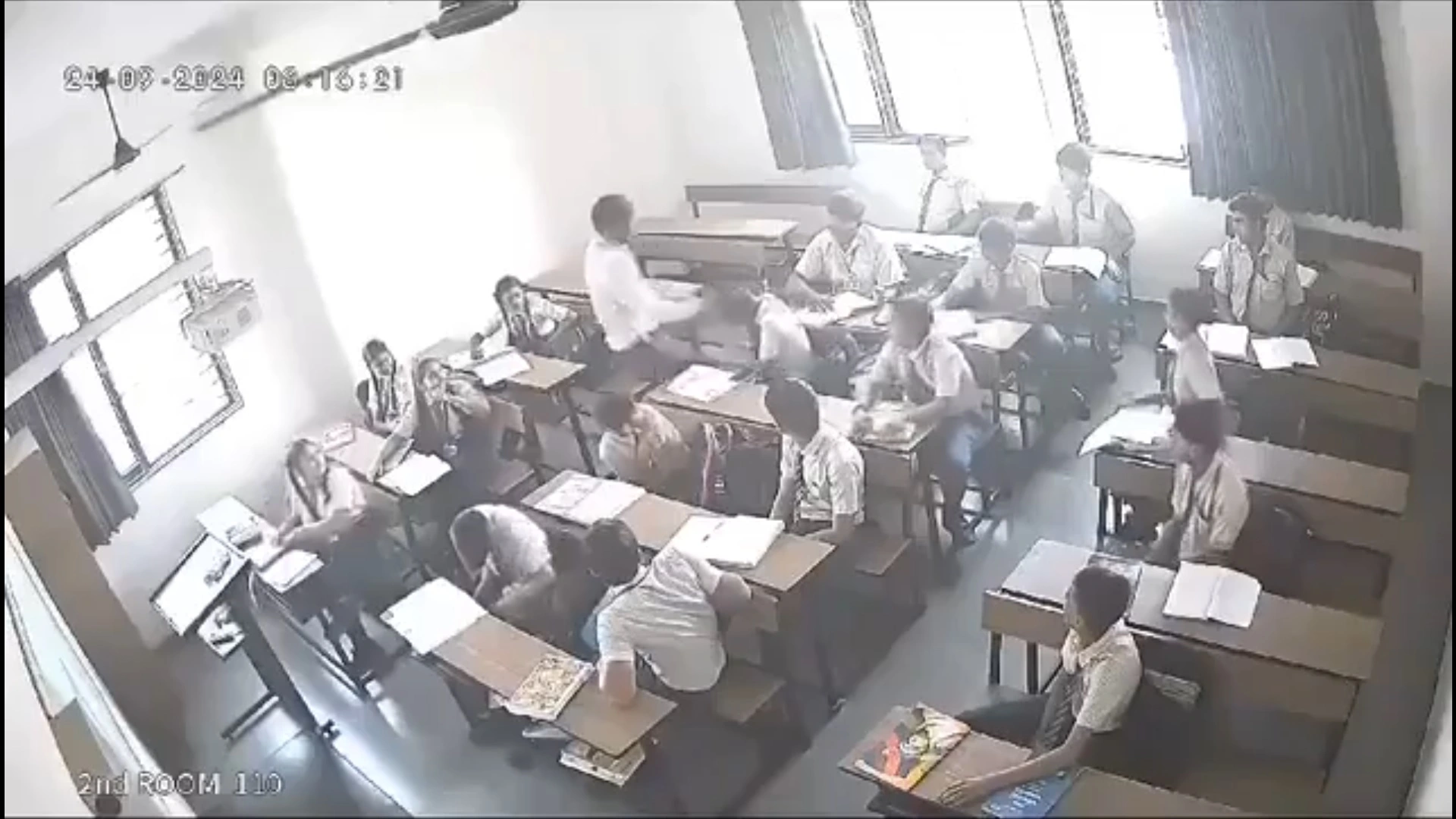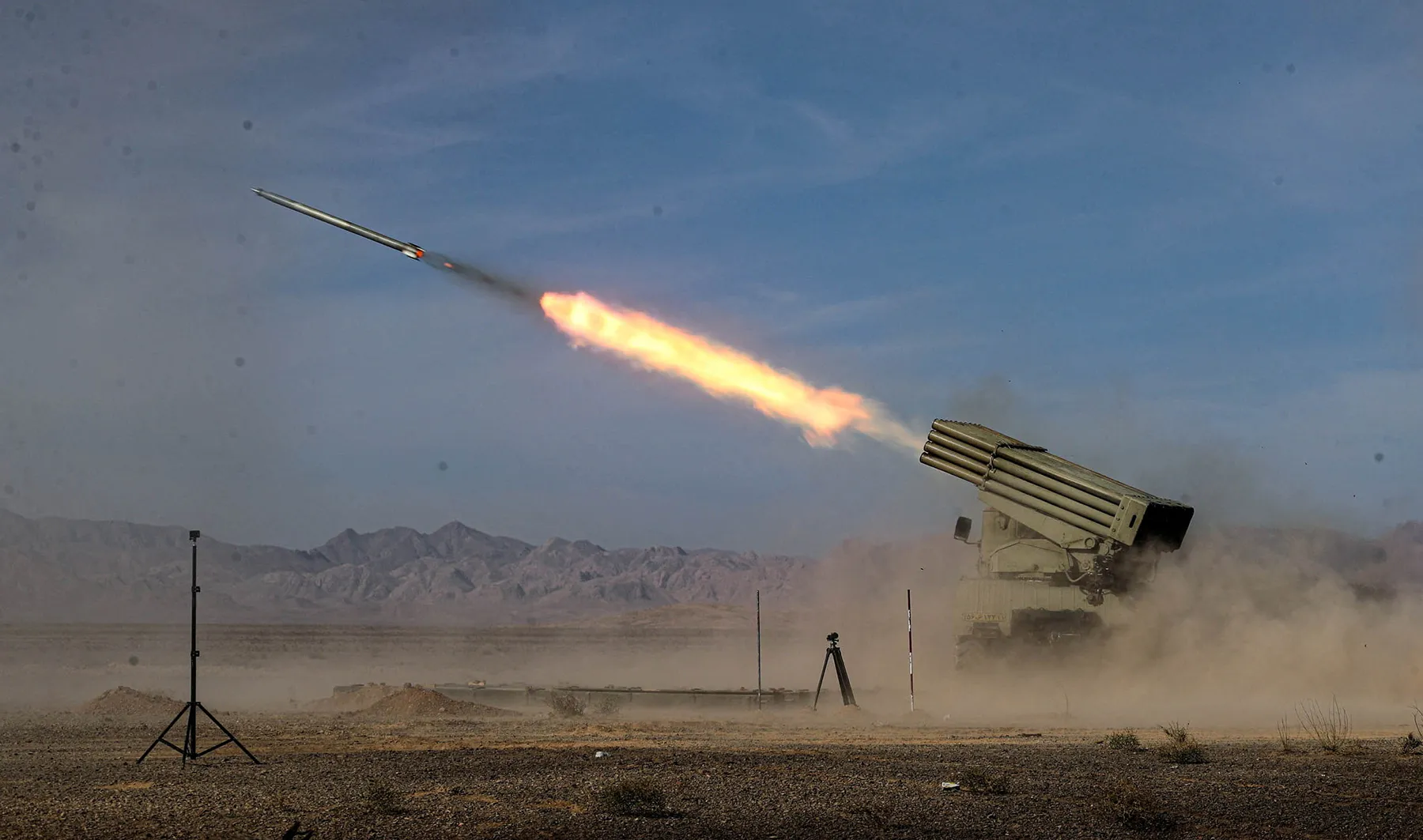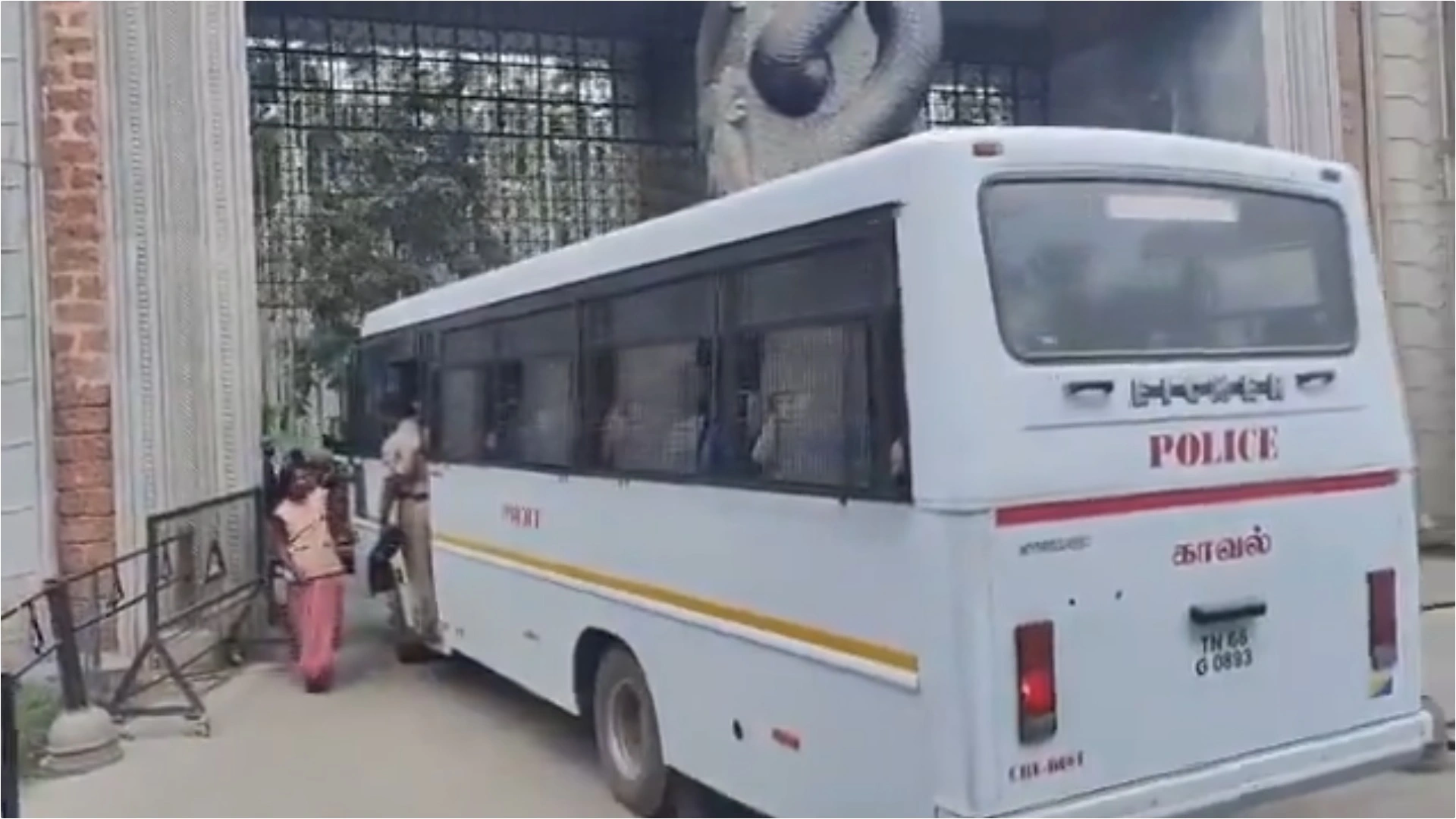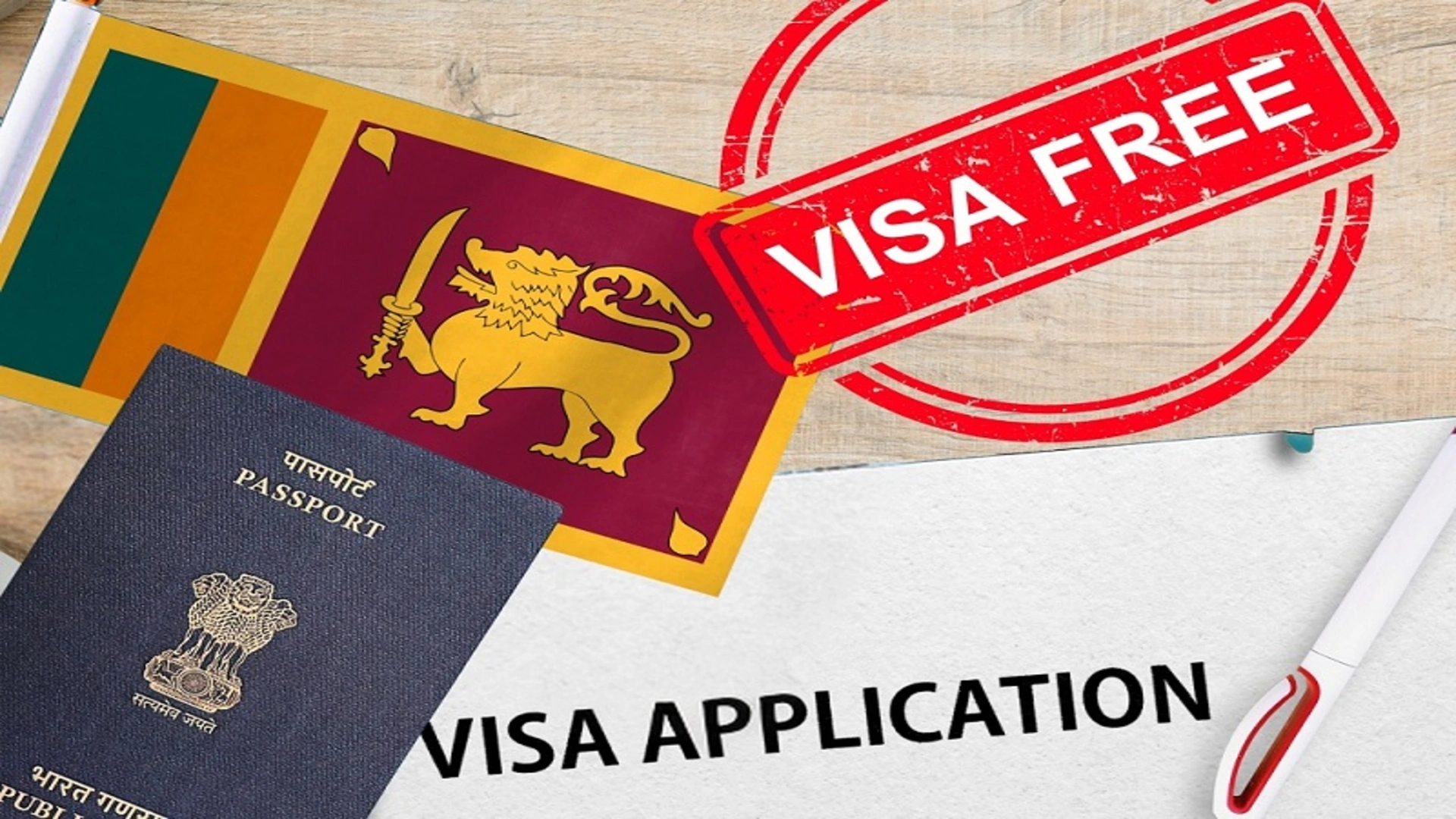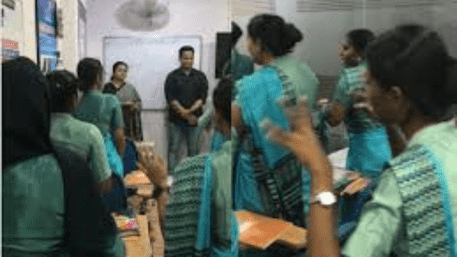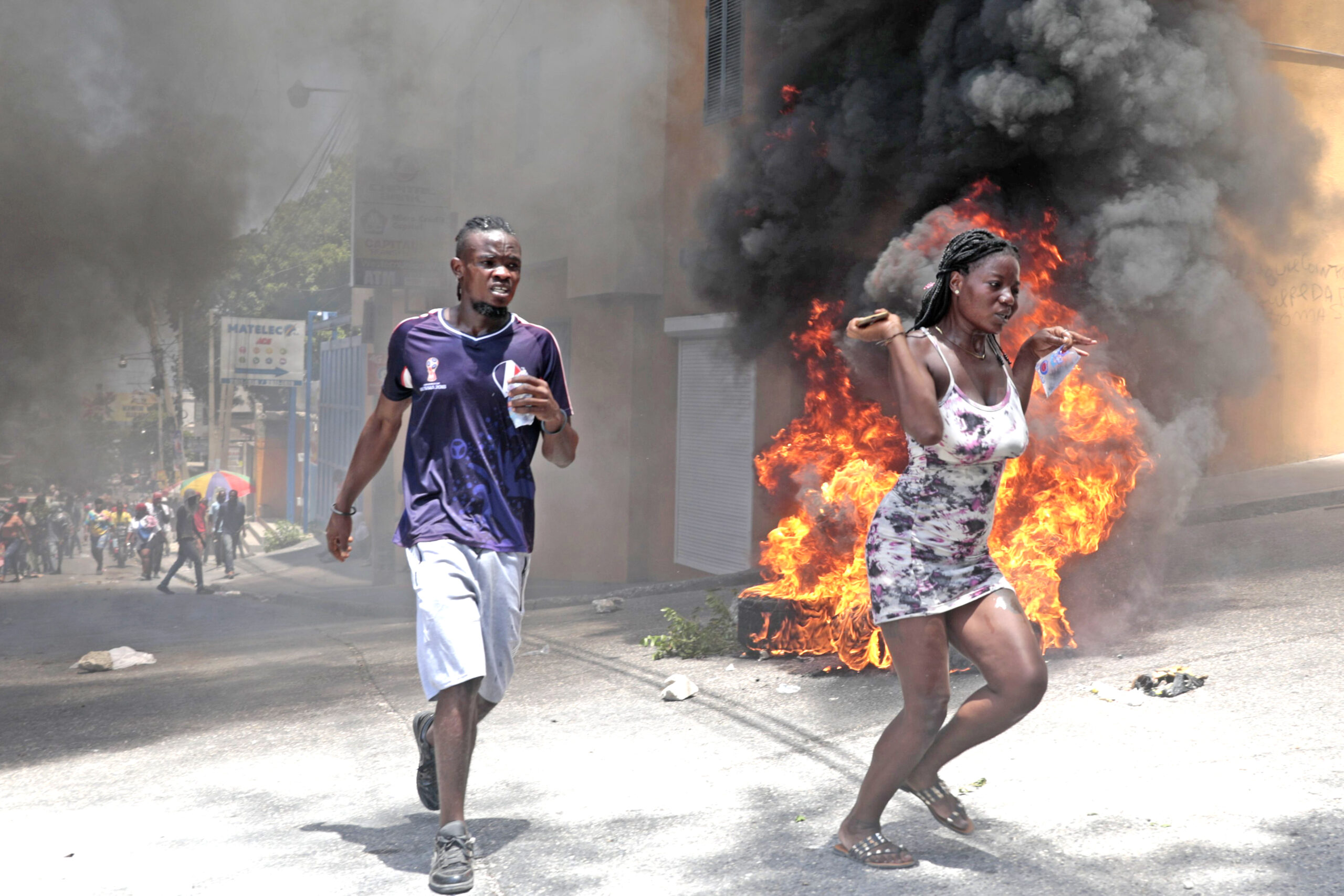
The United Nations chief urged the international community on Tuesday to deploy a multinational force comprising “police special forces and military support units” to Haiti to combat gangs with sophisticated weapons and restore security to the impoverished Caribbean nation.
Secretary-General António Guterres said in a 12-page letter to the U.N. Security Council that “ Addressing the security situation in Haiti requires a range of coercive law enforcement measures, including active use of force in targeted police operations against heavily armed gangs.”
The letter was a response to a Security Council resolution adopted on July 14 asking Guterres to come up with “a full range of options” within 30 days to help combat Haiti’s armed gangs including a non-U.N. multinational force.
Guterres welcomed Kenya’s offer to lead an international force as well as renewed pledges of support from the Bahamas and Jamaica, and the announcement by Antigua and Barbuda that it is considering contributing to the force. He urged more countries, especially from the Americas, to contribute and “build on this new momentum.”
Gangs have overpowered Haiti’s police, with experts estimating they now control some 80% of the capital, Port-au-Prince. There are only about 10,000 police officers for the country’s more than 11 million people, and more than 30 were killed from January to June, according to Human Rights Watch.
Guterres said the gangs have encircled the capital, effectively cutting roads from the north, south and east of the country, and violence is spreading to the Artibonite region in central Haiti and other areas, blocking the delivery of aid and goods.
He cited reports of gangs shooting people in public spaces and their homes, burning people alive in public transportation vehicles, mutilating and executing perceived opponents, recruiting children and using sexual violence and rape against women and girls.
“Gangs have become more structured, federated, and autonomous in their efforts to confront state authority, weakening state institutions, and consolidating control over the population,” the secretary-general said. “They target police stations, courts, prisons, schools, hospitals, and strategic installations such as ports, oil terminals and major roadways.”

